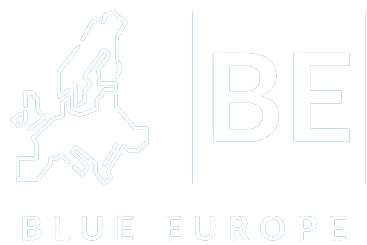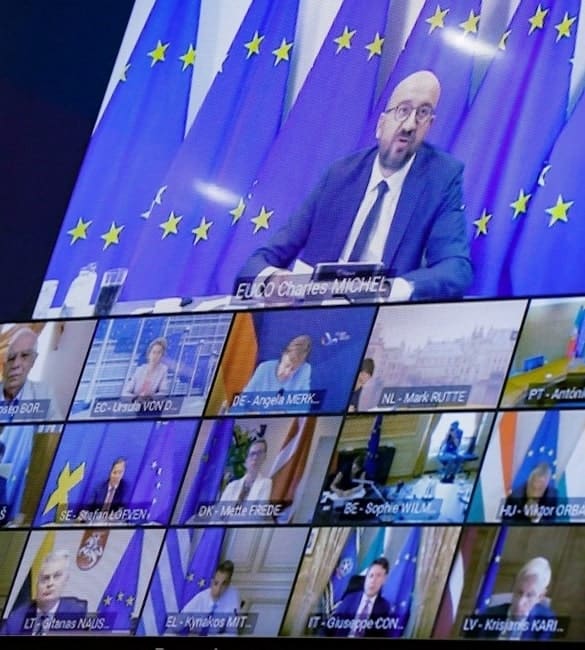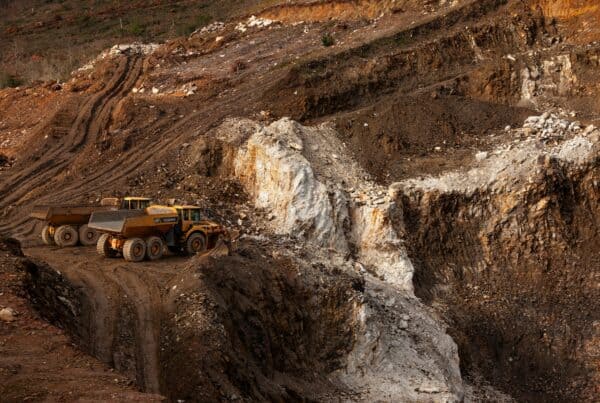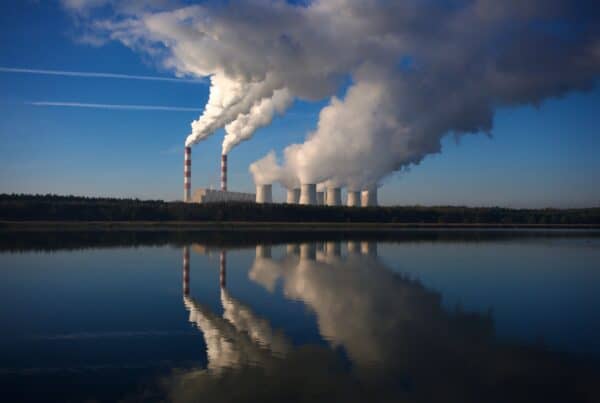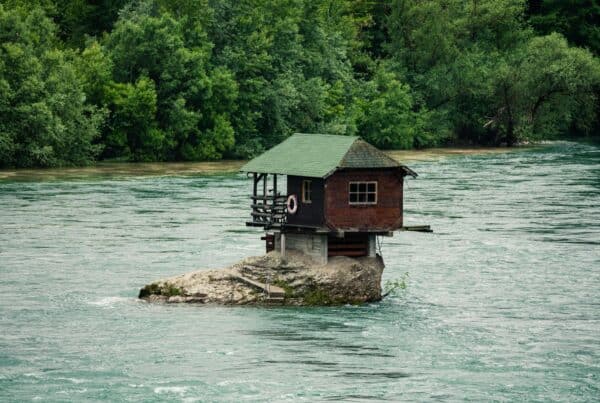Yauheni Preiherman has a BA in International Relations from the Belarusian State University, an MA in European Politics from Sussex University, and is currently pursuing a PhD in Politics and International Studies from Warwick University. He is the founder and director of Minsk Dialogue Council on International Relations (Belarus). Interview done by Brian Guilhem Fabrègue, Blue Europe President.
Download the PDF
B-E. Hi Mr. Yauheni Preiherman, could you explain to the readers what is your field of research is? How did you get into it?
Y-P. My research focuses on international affairs and security in Eastern Europe, Belarus’s foreign policy and (more theoretically) on small states in international relations. I have taken a special interest in this field since high school and have kept it as my key area of expertise both academically and in my think tank work.
B-E. Belarus economy is very linked with Russia and has little integration with the European economy. In 2018, more than 60% of imports were from Russia. Mr. Y-P., what are the link between Belarus and Russia, economically wise ?
Y-P. Russia is Belarus’s leading economic partner by far, we can say that Belarus is hugely dependent on Russian economically. This has been the case since 1991, when the collapse of the Soviet Union led to the establishment of sovereign Belarus. The USSR was organized as a single economic mechanism and, thus, even after its collapse numerous links and mutual dependencies continued to shape the relations between its former constituent republics. Belarus used to be called the “assembly shop” of the USSR, which meant that it depended almost entirely on the supplies of raw materials and intermediate goods from other republics and primarily Russia. In the mid-1990s, when Aliaksandr Lukashenka came to power, a political decision was made to preserve the relations with Russia as the cornerstone of the Belarusian economy.
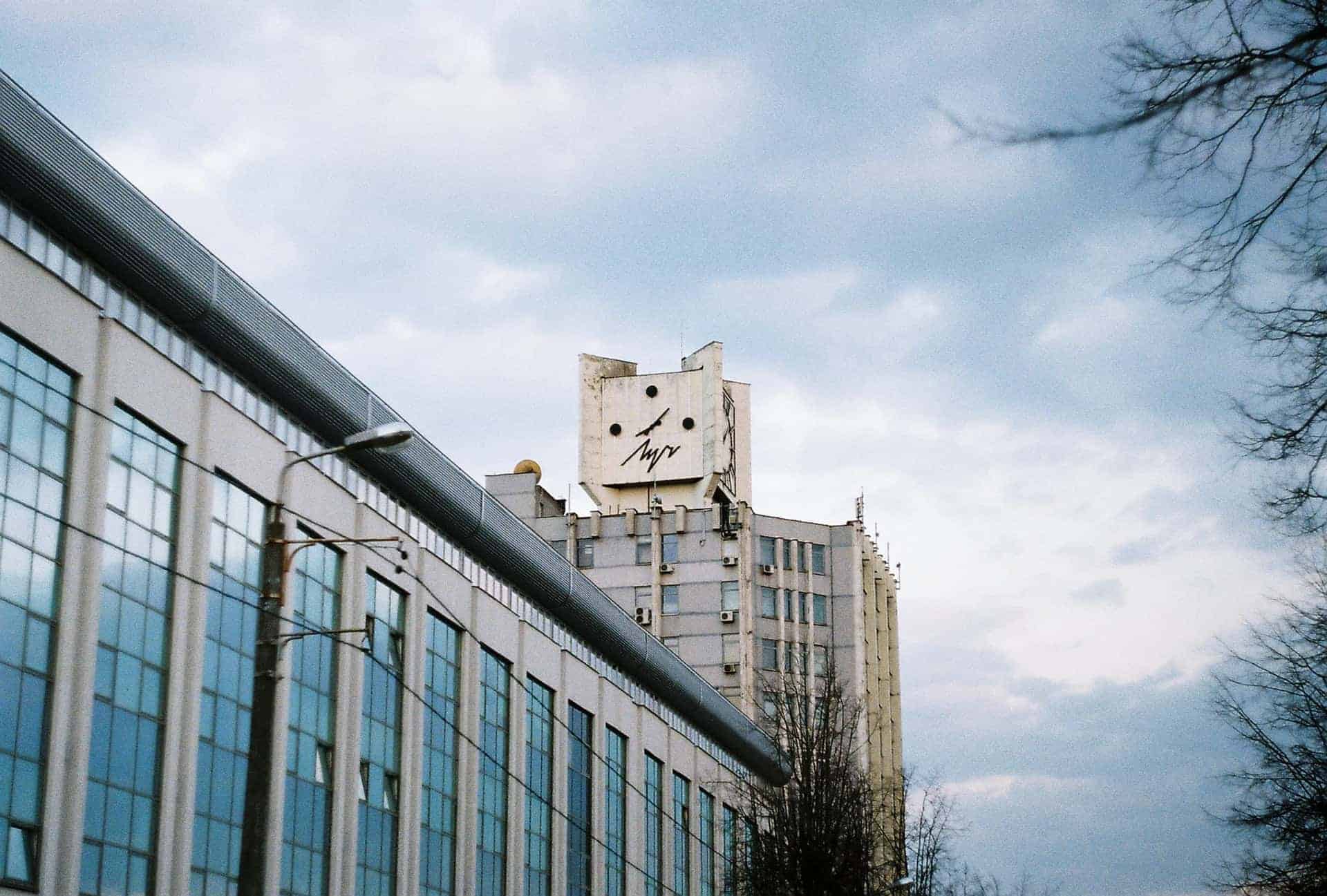
B-E. Can we say those relations have deepened in the last few years?
Y-P. In the last several years, the Belarusian government was trying to diversify the country’s foreign economic relations with a view to lowering dependence on Russia. Lukashenka even proclaimed it a core national security interest and the so-called 30-30-30 formula was declared, which foresaw that only about a third of Belarus’s exports should go to Russia and other member states of the Eurasian Economic Union, whereas two other thirds should have the EU and the rest of the world as their destinations. While we can hardly say that the formula has been fully implemented in recent years, the Belarusian government did make serious efforts in that direction. Hence, the last several years did not see any particular deepening of Belarus-Russia relations.
B-E. “Belarus economy is considered to be in general rather autonomous, sometimes even autarchical, : its import and export per capita in relation to its GDP per person are among the lowest in the world, making it a at least partially self-sufficient economy.” Would you agree with this statement?
Y-P. No-no, I definitely disagree. Belarus is a small open economy, which means that it is crucially dependent on foreign markets.
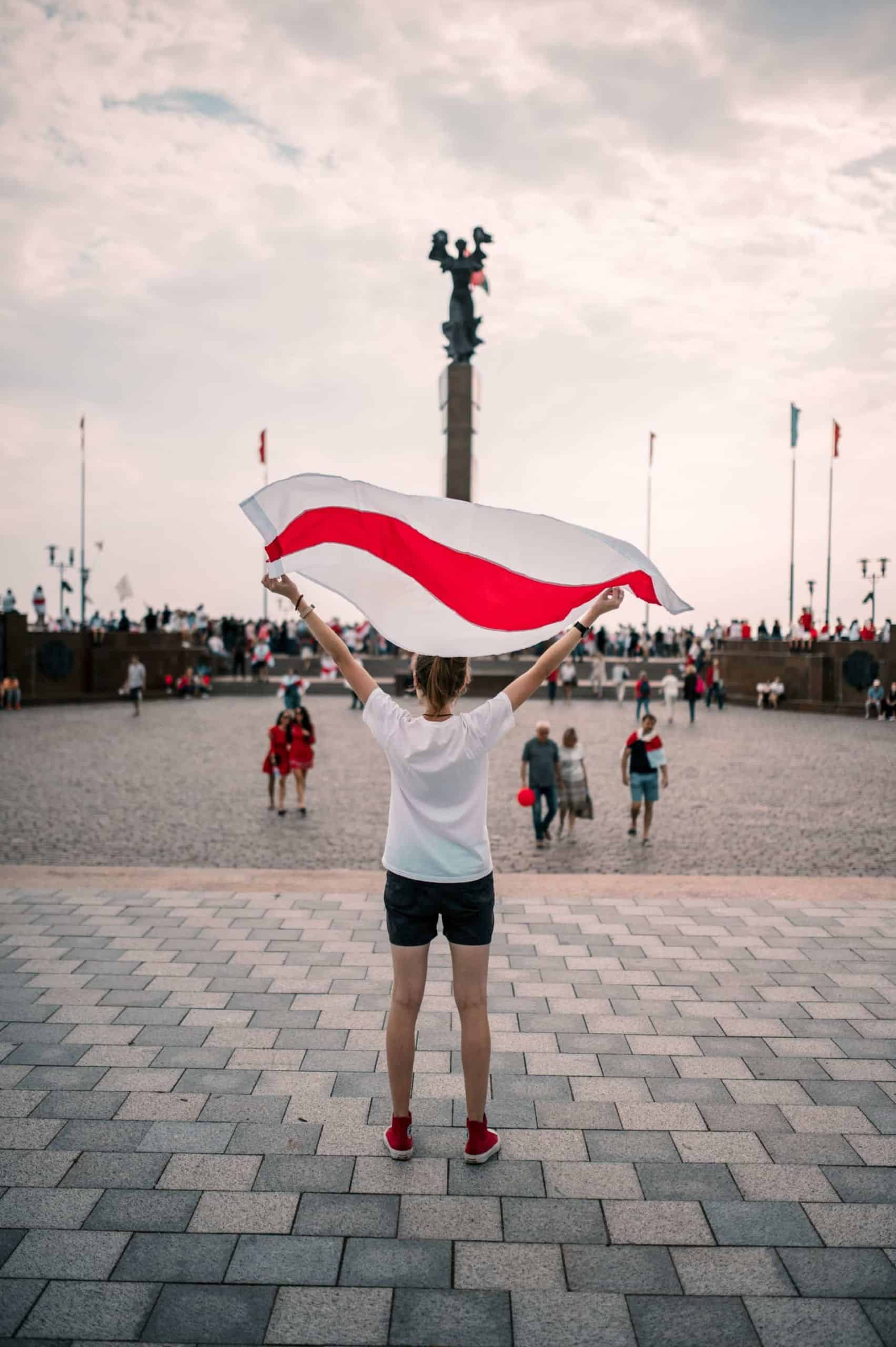
B-E. How would you define the relation of Belarus with the rest of the world trade wise?
Y-P. As a small open economy Belarus has a lot to benefit from international trade. However, due to political reasons it has not been able to fully realise its potential and has essentially limited its own possibilities in international trade. For example, after almost 30 years of negotiations with the WTO, Minsk still has not joined the WTO. Negotiations are almost over but it is now hard to say whether the ongoing political crisis will or will not impact it again in a negative way.
B-E. Belarus was before 2019 an important importer of crude petroleum from Russia, which was then transformed and sold to other countries. After the 2019 failure of the “Union State” discussions, Russia stopped exporting partially to Belarus. How did this affected the economics of the big companies in Belarus? How did the leading class of Belarus reacted to that?
Y-P. It is quite difficult to respond to this question, because the problems with the deliveries of Russian crude oil were rather short-term and now that Belarus’s relations with the EU and USA have suffered another political blow, the deliveries of Russian crude will likely be restored. But at the beginning of the year, when Minsk and Moscow could not reach a fully-fledged oil agreement (not all deliveries from Russia were stopped), Russian oil was partially substituted by Azeri, Norwegian, and American oil. But some financial harm was still felt by big companies and, obviously, state revenues.
B-E. Commentators assimilate Belarus economy to the Russian one, yet both have nothing to do, as Belarus doesn’t have the natural resources the Russian economy has. How does the Belarus economy structures its life?
Y-P. As I mentioned before, Belarus was known as the Soviet “assembly shop” and until today it has preserved heavy and light industries as its main pillars. The only natural resource the country has in globally-significant sizes is potassium – Belarus provides about a third of all potassium in the world. It also exports a lot of petrochemicals, as it has two large and modernized oil refineries. Those were also built during the Soviet era and relied on Russian crude oil. Agriculture also plays an important role in Belarus’s economy, while the IT-industry has been the most dynamic new field.
B-E. Industry plays a big part in ex-Soviet bloc countries, which often gives them a edge as to future re-industrialization. Belarus industry is mainly represented in media by its farm tractors, which are widely used and renowned, but there is other sectors where its industry is very competitive?
Y-P. There are several other big companies. For example, Belaz produces world-renowned large trucks and vehicles; MAZ produces several kinds of passenger, cargo and trailer vehicles; MZKT (Volat) is a unique-in-its-field producer of chassis, including for army needs. Also, numerous small-scale companies are leaders in their market niches.
B-E. Media often write that the Belarus economy is directly controlled by Lukashenko? Is it true? What is the role of the authoritarian president in the economy?
Y-P. Well, the authoritarian president dominates in all decision-making in the country. But the general rule has always been that as long as economic entities do not get involved in politics, they have freedom to operate, even though the complicated and outdated tax system has still created a lot of difficulties for businesses and held numerous possibilities for the state to manipulate.
B-E. Is there an important independent private sector in Belarus? How strong is it?
Y-P. Yes, and in recent years it has progressed quite a lot. In terms of employment, the state sector still dominates, but efficiency-wise the private sector outperforms the latter. The creation of the IT Park and the passing of really advanced legislation on IT, blockchain and cryptocurrencies gave a strong incentive to the IT sector, which has been booming in recent years. Now that the domestic political crisis will have inevitable negative implications for the whole economy and private business in particular, it remains to be seen whether Belarus will be able to keep its successful IT sector.


